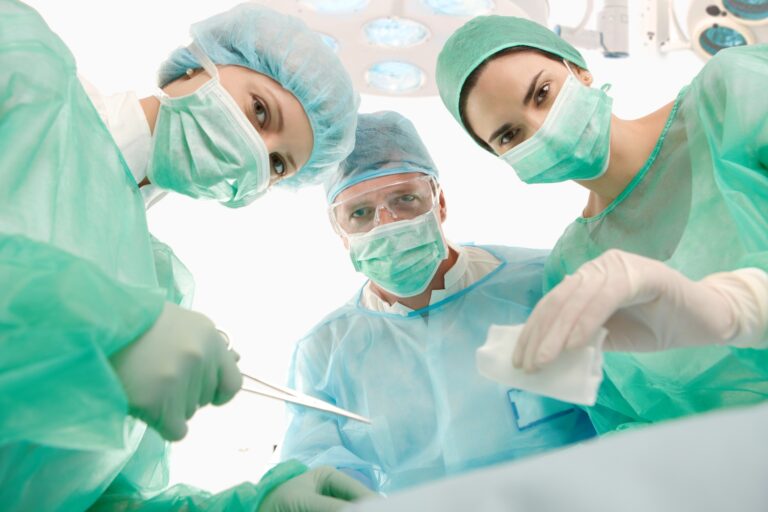Acupuncture has been proven for decades in the U.S. (for centuries in other countries!) to be effective in alleviating pain from many conditions. I’ve had several people over the years ask if acupuncture is effective for pain control during surgery as well. “After all, it works so great with alleviating pain, why not in surgery too?” The answer is yes, it can.
In 2007 a study was released and discussed on a website entitled “News Medical”. The headline read “A new study has found that using acupuncture before and during surgery significantly reduces the level of pain and level of painkillers needed by patients following surgery.” They went on to say “According to anesthesiologists at Duke University Medical Center the amount of powerful pain killers needed for patients who received acupuncture was much lower than those who did not have acupuncture. This is important for the patient because it means the side effects associated with opioids such as nausea, vomiting and severe itching are considerably reduced.”
Dr. Tong Joo Gan presented these results to the American Society for Anesthesiology in San Francisco. He feels that the study supports acupuncture as a viable option to control pain in surgical patients. He says also, that this study simply “adds to the growing body of evidence that acupuncture can play an effective role in improving the quality of the surgical experience.” He has conducted several other studies along the same lines concluding that “acupuncture can also be more effective than current medications in lessening the occurrence of post-operative nausea and vomiting, the most common side effect experienced by patients after surgery.”
Dr. Gan “believes that acupuncture is slowly becoming more accepted by American physicians, but is still underutilized, and the study may encourage more doctors to include acupuncture in their routine care of surgery patients”, according to News Medical.
When I studied in China, one thing really impressed me – the integration of Acupuncture and Herbal Medicine with conventional medicine. In the hospital setting, just as we have a Physical Therapy Department, a Laboratory Department, Respiratory Therapy Department, etc., they also had the Acupuncture Department.
Acupuncture was frequently recommended and patients either came to the Acupuncture Department for treatments, or we treated at the patient’s bedside.
Next to the Medical Pharmacy was the Herbal Pharmacy. A patient would walk up with 2 prescriptions: a drug prescription and an herb prescription. Rarely did they ever have just one.
Acupuncture was frequently done in surgery to reduce the need for medications. Mostly it was used for caesarean sections, throat surgeries and brain surgeries, but was frequently used in other situations as well.
Although we seem to be far from integrating acupuncture in the local hospitals, Acupuncturists frequently treat patients both before and after surgery in their clinics. Acupuncture helps reduce pain, inflammation and swelling and speeds the healing process. Overall, acupuncture improves the outcome of surgery in general.
©2012 Holly A. Carling, O.M.D., L.Ac., Ph.D.







